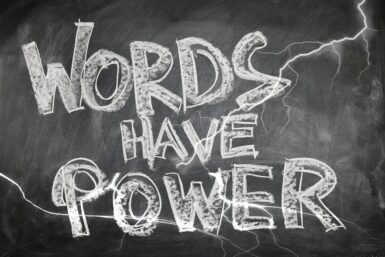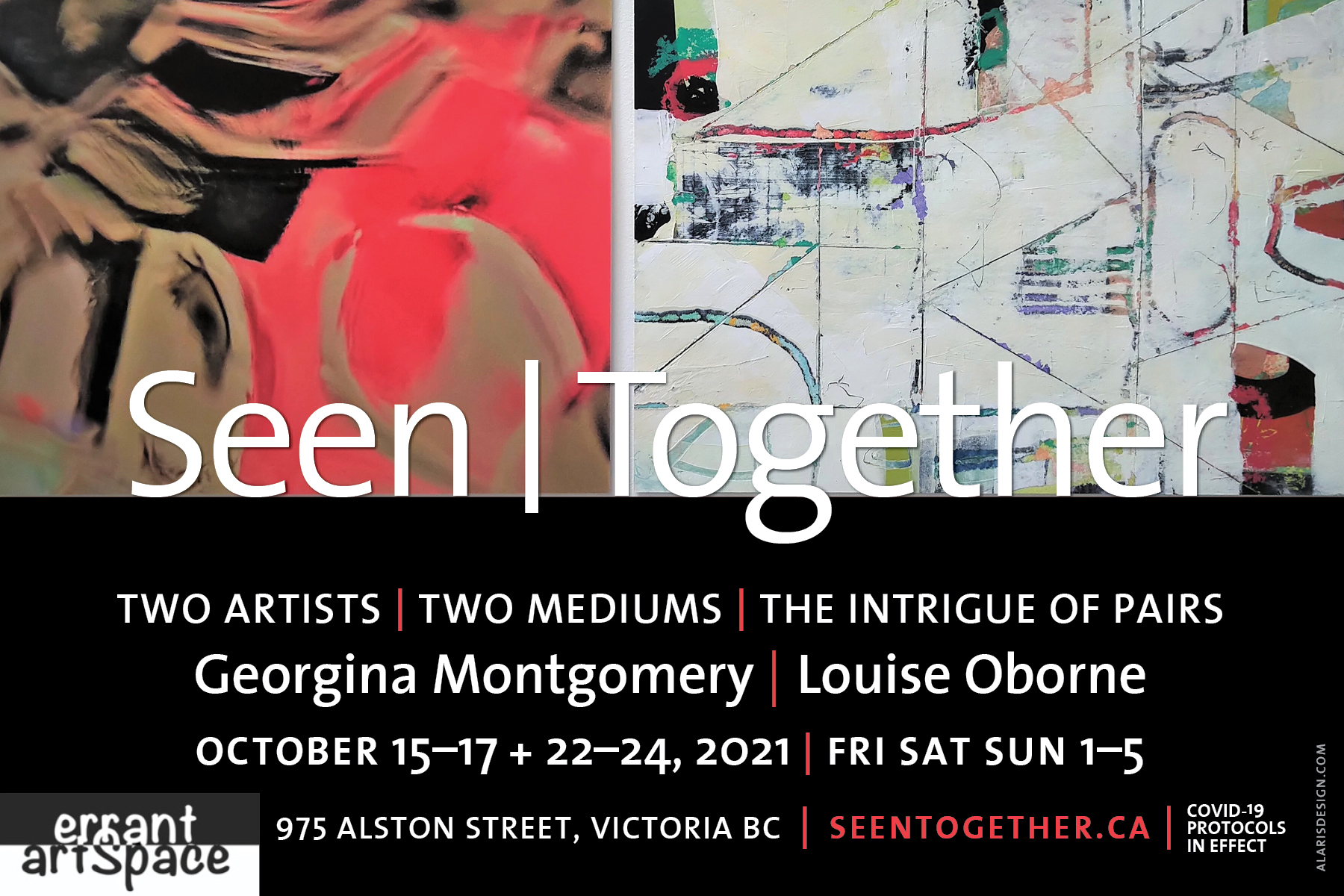Marathon: A word to run with
 marathon: (n.)
marathon: (n.)
- A long-distance running race, strictly one of 26 miles 385 yards (42.195 kilometres).
- A long-lasting or difficult task or activity; an endurance contest.
- Al Howie: The short warm-up run ahead of a very, very long outing.
During a recent move, I decided finally to shift to a standing desk in my office. In a cold turkey switch-over, I went from years of pretty much all-day sitting to pretty much all-day standing. I was a month into the new regime when I saw this article from the Sydney Morning Herald: “Desk standing is like ‘training for a marathon’, researchers say.”
What? Had I unwittingly inflicted permanent damage on myself by not easing into this standing business a few extra kilometres week by week?
Having trained for and run a marathon (see meaning 1) in the past, I took the article’s headline and the statements of the researchers to be a tad overplayed. But that usage also reminded me: “marathon” is, of course, a word we read, hear, and use in the second sense as often as the original sense. Some editing and writing projects, for example, easily qualify as long, taxing, brain-blistering ordeals. Who among us hasn’t sweated through a few of those? (There’s even an Editing Marathon mug made specially for keeping the keyboard-pounding editor properly caffeinated out there on the lonely virtual course.)
Then, late last week, I was reminded of meaning 3 for “marathon” when I read that Al Howie had died. Scottish-born Howie was probably Canada’s most accomplished long-distance runner in the 1980s and ’90s. He got started by competing in marathons (meaning 1) and, after winning those handily, was soon running between major cities to knock off the mere 42.2-kilometre events. The Tartan Spartan ultra-marathoner was born.
Howie lived on Vancouver Island, but his epic training regimes, distances, and endurance took him across North America and Europe. Literally. He ran from St. John’s, NL, to Victoria, BC; BC to California; and England to Italy. Reading a summary of Howie’s run feats is, well, a marathon (see meaning 2) in itself. This snippet from a 2007 profile by writer Ross Crockford shows the top slice of a long list:
“At UVic in 1987 he jogged 580 km nonstop in 104.5 hours, the world’s longest continuous run. In 1988, he ran the 1,400-km length of Britain in 11 days. In 1989 he became the first person to finish the Sri Chinmoy 1,300-mile race in New York, beating its 18-day time limit. … And on September 1, 1991, he arrived in Victoria, finishing the fastest-ever run across Canada, in 72 days—averaging 103 km, the equivalent of two-and-a-half marathons, every single day.”
Which brings me back to the “desk standing is like ‘training for a marathon’” article. As much as I appreciate the fluidity of words and meaning, in this case I think “marathon” is just plain lazy a comparison. Speaking now from six weeks of experience, I’d simply say that desk standing is like … adjusting to not desk sitting. For either practice, you need to move around, change position, stretch at regular intervals—all particularly important if you’re in the middle of a work marathon (meaning 2). Short runs can be a good idea, too, though it might be best to avoid Al Howie’s version of short runs or you’ll start missing a lot of deadlines.



